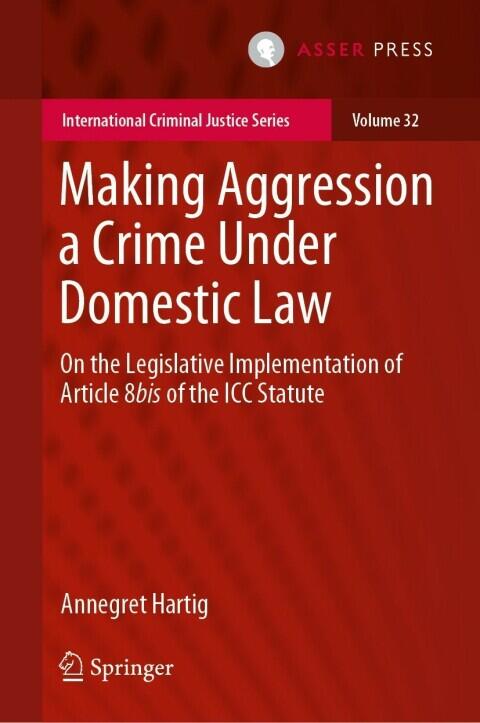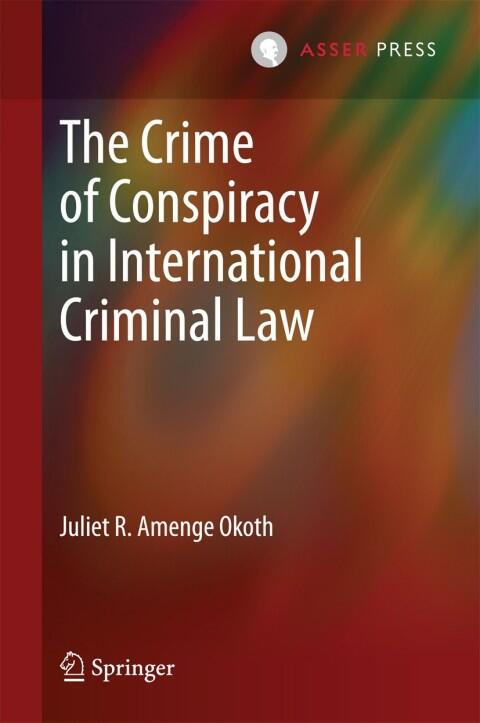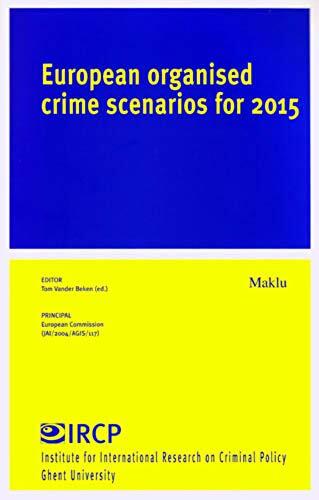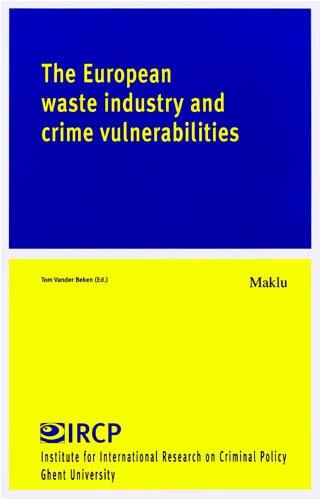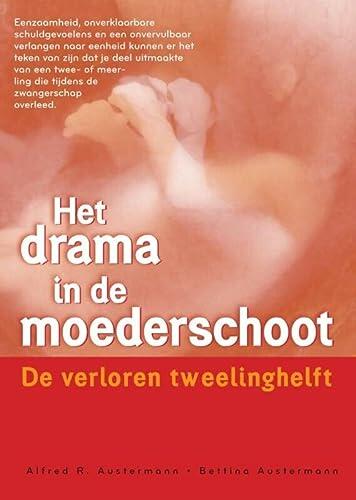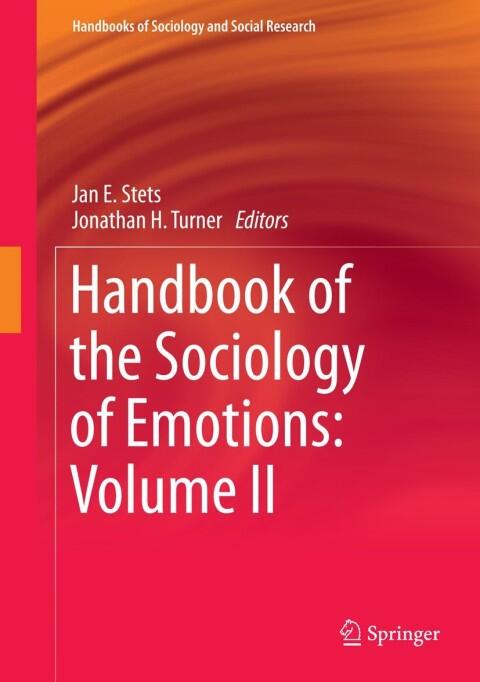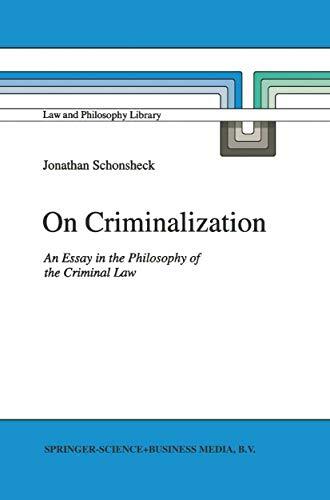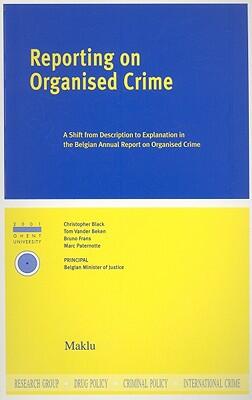
Reporting On Organised Crime: A Shift From Description To Explanation In The Belgian Annual Report On Organised Crime
von
Chr. Black (editor)
,
Tom Vander Beken (editor)
,
B. Frans (editor)
Noch keine Bewertungen
Mystery
Format
Taschenbuch
Seiten
117
Sprache
Niederländisch, Flämisch
Veröffentlicht
Jan 1, 2001
Verlag
Maklu Publishers
ISBN-10
9062157750
ISBN-13
9789062157754
Beschreibung
This comprehensive exploration delves into the nuances of organized crime reporting, particularly emphasizing the Belgian context. It seeks to redefine how annual reports on organized crime are constructed, moving beyond mere descriptions to provide deeper explanations of the factors contributing to criminal activity. The contributors, a collaborative team of researchers and editors, bring a wealth of knowledge and expertise to the nuanced subject matter.
In an era where organized crime increasingly influences societal structures, understanding the underlying dynamics is more crucial than ever. The authors critically assess existing reporting methodologies and advocate for frameworks that more accurately reflect the complexities of these criminal networks. Insights are drawn from a rich foundation of research, enhancing the discourse surrounding effective crime analysis and policy formulation.
The work not only serves as a critical resource for academics and practitioners in the field of criminology but also holds significant relevance for policymakers aiming to devise informed strategies against organized crime. By shifting the focus from observational to explanatory analysis, it paves the way for more effective interventions and understanding of the criminal landscape in Belgium and beyond.
Ultimately, this volume highlights the necessity for a paradigm shift in reporting that aligns with contemporary challenges posed by organized crime. It encourages an elevated discourse that is essential in addressing the multifaceted nature of crime in society.
In an era where organized crime increasingly influences societal structures, understanding the underlying dynamics is more crucial than ever. The authors critically assess existing reporting methodologies and advocate for frameworks that more accurately reflect the complexities of these criminal networks. Insights are drawn from a rich foundation of research, enhancing the discourse surrounding effective crime analysis and policy formulation.
The work not only serves as a critical resource for academics and practitioners in the field of criminology but also holds significant relevance for policymakers aiming to devise informed strategies against organized crime. By shifting the focus from observational to explanatory analysis, it paves the way for more effective interventions and understanding of the criminal landscape in Belgium and beyond.
Ultimately, this volume highlights the necessity for a paradigm shift in reporting that aligns with contemporary challenges posed by organized crime. It encourages an elevated discourse that is essential in addressing the multifaceted nature of crime in society.
Rezensionen
Noch keine Rezensionen
Sei der Erste, der dieses Buch rezensiert und deine Gedanken teilt
Erste Rezension hinzufügenLesetagebuch
Keine Lesetagebücher gefunden
Beginne deinen Lese-Fortschritt zu verfolgen, um Log-Einträge hier zu sehen
Füge dein erstes Lesetagebuch hinzuNotizen
Transaktionsprotokoll
Keine Transaktionsprotokolle gefunden
Beginne, deine Buchtransaktionen zu verfolgen, um Log-Einträge hier zu sehen
Fügen Sie Ihr erstes Transaktionsprotokoll hinzu